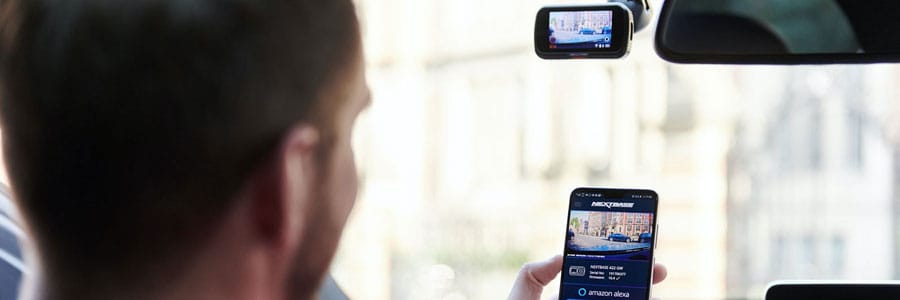Big brother goes undercover

It turns out the dash cam is useful for much more than capturing amusing YouTube clips of hapless motorists from around the world. The use of dash cams by drivers and other road users has shot up by around 850% since 2017, when insurance companies started accepting footage as evidence for claims and the courts first used dash cam footage to convict an offender.
It also seems they're turning us into a nation of undercover traffic officers. Not necessarily a bad thing giving the lack of funding for a police officer on every corner.
The consumer car magazine What Car? issued a Freedom of Information request to all 42 police forces in the UK, asking them how many recordings since 2017 the force had received, and how many resulted in action by the force, split by the type of action. In total, 40 of the 42 forces replied to the Freedom of Information request , with 19 able to supply figures.
Those figures are quite a bit higher than you might think.
In the last three years, road users have sent more than 50,000 dash cam recordings of potential traffic offences to UK police forces, with more than a third resulting in a court summons, Fixed Penalty Notice, driver awareness course or official warning.
That's more than 35 every single day.
Just over 10% of the incidents captured on film were severe enough to warrant a court prosecution and 9.6% resulted in a Fixed Penalty Notice. A further 10.5% resulted in the driver being asked to attend a driver awareness course, and 3.0% of drivers were given a warning. That's more than 5000 drivers who didn't get away with it.
Dyfed-Powys Police in South Wales is the most active in using dash cam footage. It has taken action over 81.3% of the videos it has received, with 40.2% of offenders receiving a warning, 18.6% prosecuted in court and 18.4% asked to attend a driver awareness course, while just 4.0% were handed a fixed penalty notice. London's Metropolitan Police received the largest volume of submissions – almost half of the 52,174 videos submitted took place in the Capital – and acted in 45.4% of cases, issuing court proceedings to 18.9% of offenders, driver awareness courses to 13.9%, fixed penalty notices to 9.6% and warnings to 2.9%.
Whether that means London and South Wales are the best or worst places to drive is a matter of personal opinion.
Steve Huntingford, editor of What Car?, said: “Our Freedom of Information request shows the vast majority of police forces in the country can now receive and process footage from dash cams in a matter of hours, meaning reckless driving is more likely than ever to lead to a fine or even a court summons.”
Concerns about “snooping” aside, how many times have seen someone do something stupid and wished there was a police officer around when you needed one? Now you know there doesn't necessarily have to be one for the offender to receive a lovely surprise in the post.
If you're going to drive like an idiot you run the risk of getting caught - even if you don't get caught.
View our latest blog posts

Categories
Pages
We are a family run business based in rural Worcestershire. Our team of 38 staff are on hand to provide an exceptional service to personal and business customers.
Read More
